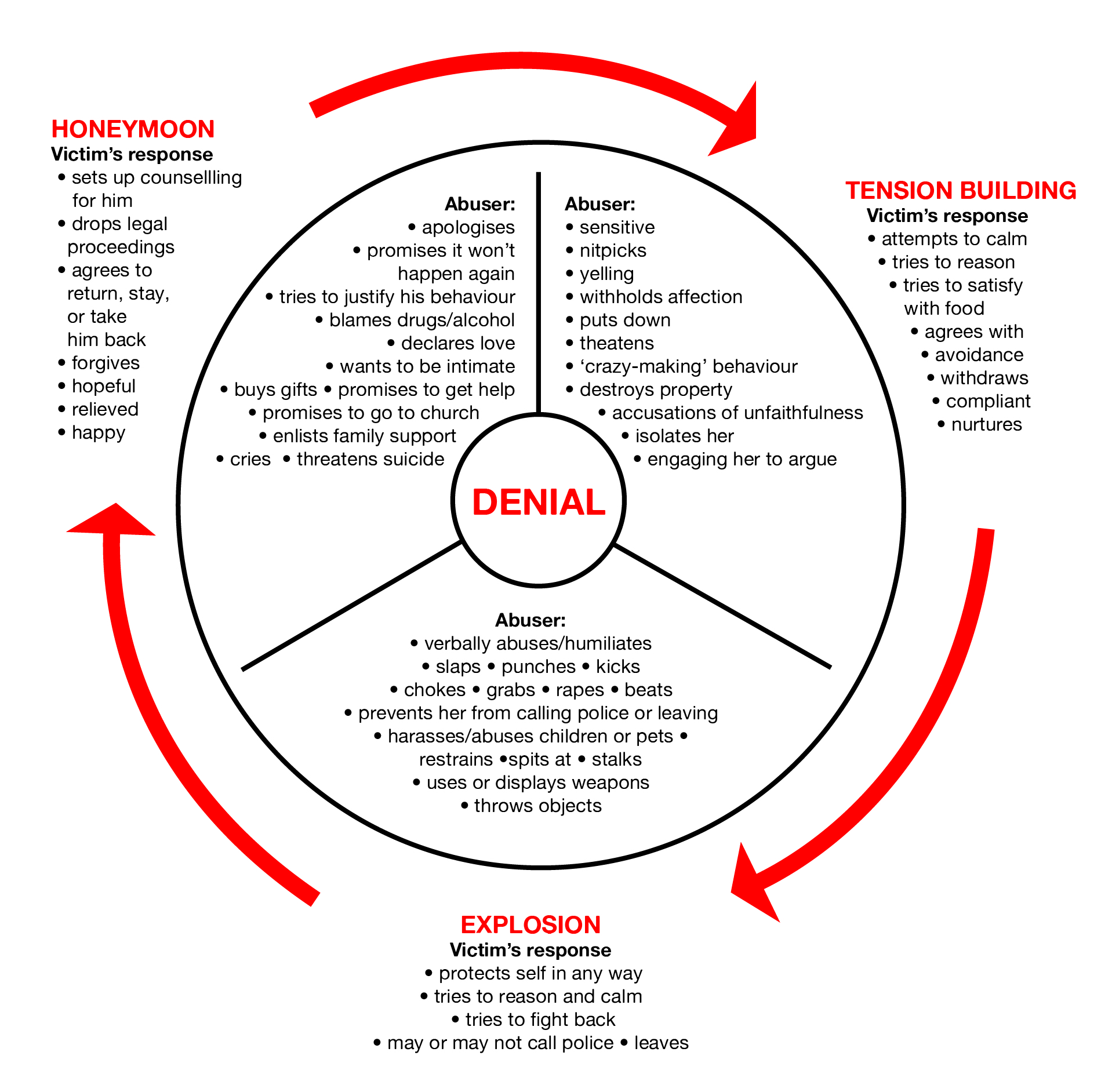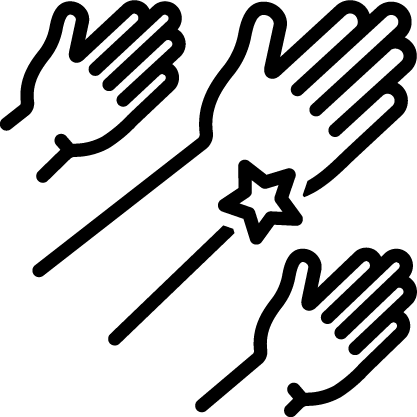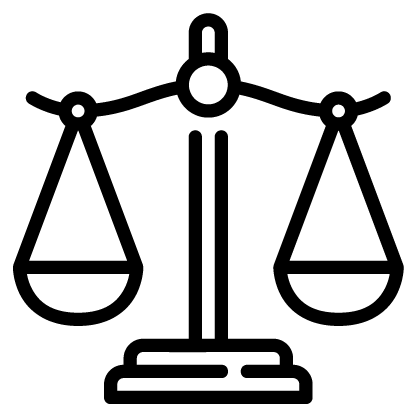Sexual assault and domestic violence
Sexual assault and sexual harassment
What is sexual harassment?
Under NSW law, sexual harassment is any unwelcome behaviour of a sexual nature that makes you feel offended, humiliated or intimidated. Sexual harassment can be physical, verbal or written. It includes:
- unwanted sexual advances
- unwelcome requests for sexual favours
- other unwelcome conduct of a sexual nature.
Examples include:
- staring in a sexual manner
- sexually suggestive comments or jokes
- unwelcome or inappropriate touching, hugging, cornering or kissing
- ‘wolf-whistling’
- repeated sexual invitations when the person has previously refused similar invitations
- initiation ceremonies involving unwelcome sexual behaviour
- comments about a person’s physical appearance or sexual characteristics
- intrusive questions about sexual activity
- image-based sexual abuse, which includes non-consensual taking or creation of nude or sexual images, non-consensual distribution of nude or sexual images and threats to create and/or distribute nude or sexual images. Read more about image-based abuse.
Read more about sexual harassment from Anti-Discrimination NSW.
What is sexual assault?
Sexual assault is any sexual behaviour by one or more people, against another person without that person’s consent. Consent, in this instance, means explicitly agreeing to engage in any sexual activity.
By NSW law, consent must be given freely and voluntarily by a person who has the capacity to give that consent. This means the person must not have consumed drugs or alcohol to the extent that they’re intoxicated and incapable of consenting. Read more about consent.
Silence does not equal consent.
Sexual assault includes unwanted sexual or physical contact, such as slapping, kissing, touching, hugging or massaging.
Sexual assault is also: sexual abuse, rape, indecent behaviour, indecent assault, sexual molestation, incest, child sexual abuse, child sexual assault, touching, ‘feeling up’.
It is most commonly committed against women and children by men they know, such as boyfriends, fathers, neighbours, step-fathers, bosses, uncles, husbands or partners.
If you’re not sure whether you have been sexually assaulted, you can contact a sexual assault service [insert anchor link to info below] or contact SUPRA for contact SUPRA for help from our legal or casework services. Our services are free, professional and confidential.
If you’ve been sexually assaulted
- It is not your fault.
- Make sure you’re safe or contact someone you trust. If you’re in immediate danger contact Campus Security on 02 9351 3333 or the police on 000.
- Seek professional help: visit a medical centre or hospital, and counselling support.
- Consider reporting the assault to the police.
RPA Sexual Assault Service – 24 hours
RPA is the closest hospital emergency department to the Camperdown/Darlington campus. Contact them for immediate assistance.
8:30am – 5pm: 02 9515 9040, after hours: 02 9515 6111.
Find the NSW Health sexual assault service closest to you.
Full Stop (formerly Rape & Domestic Violence Services) – 24 hours
Contact for advice and support at any stage.
1800 385 578.
1800 Respect
24-hour sexual assault, domestic and family violence counselling service.
1800 RESPECT (1800 737 732).
University contacts and resources
University confidential helpline: 1800 SYD HLP (1800 793 457)
Access the University’s sexual misconduct information, contacts and resources.
Student wellbeing offers free counselling for students.
02 8627 8433
You can also contact the mental wellbeing support line 24/7 for free and confidential wellbeing support.
Phone 1300 474 065 (within Australia), or text 0488 884 429.
SUPRA
Contact us for free, professional support.
How to report an incident or file a complaint
If you’ve experienced sexual misconduct – including sexual harassment or assault – while at uni, or witnessed someone else being the victim of sexual misconduct, you can make a complaint or report the incident to the University. This is known as a disclosure. To make a disclosure:
- contact the specialist staff at the Safer Communities Office, or
- use the sexual misconduct online reporting form.
A disclosure lets the University know about the incident, while a complaint means you want the incident investigated and are seeking some form of action against the person who commited the sexual misconduct against you. A complaint will usually require a more detailed report.
Whichever way you report, the specialist staff at the Safer Communities Office can help by assisting you with:
- applications for special consideration for assessments
- changing classes or timetables
- housing arrangements
- financial assistance
- counselling
- other support services.
If you’re feeling too overwhelmed or distressed to make either a disclosure or a complaint, contact our casework service for support. Our professional, confidential staff can support you through the process, and discuss your options.
For further guidance, you can also refer to the University’s policy and procedures on sexual assault and sexual harassment:
If you witness an assault or harassment
If you notice an interaction or see someone who seems distressed, intervene if it’s safe to do so. If it seems unsafe to intervene and you feel concerned for someone else’s safety, call:
- campus Protective Services on 02 9351 3333
- or the police on 000.
Family and domestic violence
Family and domestic violence (often referred to as DV) is abusive, intimidating behaviour carried out by a partner, family member or carer, to control, dominate or instill fear.
Domestic violence may be:
- physical
- psychological
- emotional
- financial
- sexual
- cultural
It can include cyber abuse, stalking and separation violence. Women and children make up the majority of victims of domestic and family violence.
Domestic violence affects all communities and demographics, including same-sex relationships, trans and gender diverse people, people with disabilities and Aboriginal and Torres Strait Islander people. While each person’s experience may be different, domestic violence tends to follow a cycle of abuse.
The cycle of abuse

Graphic adapted from whiteribbon.org.au
Emergency
In an emergency call 000. Police will attend and take immediate action to protect you and anyone else in danger, such as children and pets. The police may file an Apprehended Domestic Violence Order (ADVO) on your behalf, which ensures the perpetrator or person hurting you will be prohibited from coming near you.
Specialist police services
The police also have specialist Domestic Violence Liaison Officers known as DVLOs. You can call your local police station and ask to speak to their ‘DVLO’.
For people from the LGBTQ+ community, there are special officers known as LGBTIQ+ Liaison Officers.
For people from Aboriginal and Torres Strait Islander communities, there are special officers are known as Aboriginal Community Liaison Officers (ACLOs).
You can call your local police station and make an appointment to speak to any of these specialist officers. This can allow you to safely plan a time that suits you, and arrange a support person to accompany you, if you wish.
Resources and support services
If you’re in an abusive relationship, leaving can be very difficult. There are many specialist services that can offer support, guidance and resources to help you. They’re available if you just want to talk, or if you’re thinking of leaving. These services can help you create a safety plan.
SUPRA
Our professional and confidential casework service can assist you with all university and academic matters, such as assistance with special consideration for any assessments affected by your experience of DV, and provide referrals to services that can help you secure safe accommodation, counselling and ongoing support.
Our free Legal Service can assist you with any and all areas of the law you may need assistance in, including helping you to secure legal protections.
NSW Domestic Violence Line
24 hours: 1800 656 463 (toll free).
Domestic Violence Legal Advice Line
Free and confidential advice from Women’s Legal Service NSW
02 8745 6999 or 1800 810 784 (rural).
LGBTQ+ Safe Relationships Project
This project is run by Inner City Legal Centre to provide court assistance and other support for LGBTQ+ people who are experiencing or escaping an abusive relationship.
02 9332 1966 or 1800 244 481.
QLife
Anonymous and free LGBTQ+ peer support and referral.
1800 184 527 (3pm – midnight, 7 days) and webchat available.
ACON
LGBTQ+ health organisation offering information, referrals, counselling, advocacy and practical support for LGBTI people in NSW experiencing domestic and family violence.
02 9206 2000.
The Gender Centre
A professional counselling service for the transgender and gender questioning community.
02 9519 7599 (9am – 4:30pm, Monday – Friday).
The Transgender Anti Violence Project (TAVP)
Run by the Gender Centre, the TAVP provides free, confidential services to support people affected by transphobia or transgender people experiencing violence or abuse.
02 9569 2366 (9am – 4:30pm, Monday – Friday).
Wirringa Baiya – Aboriginal Women’s Legal Centre
A NSW state-wide community legal centre for Aboriginal and Torres Strait Islander women, children and youth.
1800 686 587.
Mudgin-Gal – Aboriginal Women’s Place
Mudgin-Gal’s Domestic and Family Violence Worker provides support around domestic and family violence.
02 9698 1173.
First Nations Women’s Legal Contact Line
Run by Women’s Legal Service NSW
Free confidential legal information, advice and referrals for Aboriginal and Torres Strait Islander women in NSW with a focus on domestic violence, sexual assault, parenting issues, family law, discrimination and victim’s support.
02 8745 6977 or 1800 639 784 (rural).
Muslim Women Association
Provides domestic violence and homelessness support to women and families from culturally and linguistically diverse backgrounds.
02 9750 6916.
Shakti NSW (migrant and refugee women)
Shakti specialises in domestic violence crisis intervention embedded in culturally-sanctioned abuse practices.
1800 SHAKTI (1800 742 584).
Link2home Domestic Violence Line
Link2home is the statewide homelessness information and referral telephone service.
1800 656 463 (24 hours, 7 days a week).
University Safer Communities Office
Safer Communities Office provide an immediate response to people that have experienced domestic and family violence. They can organise emergency accommodation.
02 8627 6808 (8:30am – 5.30pm, Monday – Friday).
National Relay Service (NRS)
Phone service for people who are deaf or hearing-impaired.
Voice relay: 1300 555 727
TTY: 133 677
SMS relay: 0423 677 767.
Disclaimer
This information is current as at December 2023 and where it includes legal information is intended as a guide to the law as it applies to people who live in or are affected by the law as it applies in NSW. It does not constitute legal advice.
Download this article as a Word document
Download this article as a PDF
Written by SUPRA Legal Service in December 2023.
Need help?
Our casework and legal services are here for you.

Postgraduate Advocacy Service
Our caseworkers can help with any problems you face while you study at Usyd, from academic appeals to renting.


Stay in touch with us